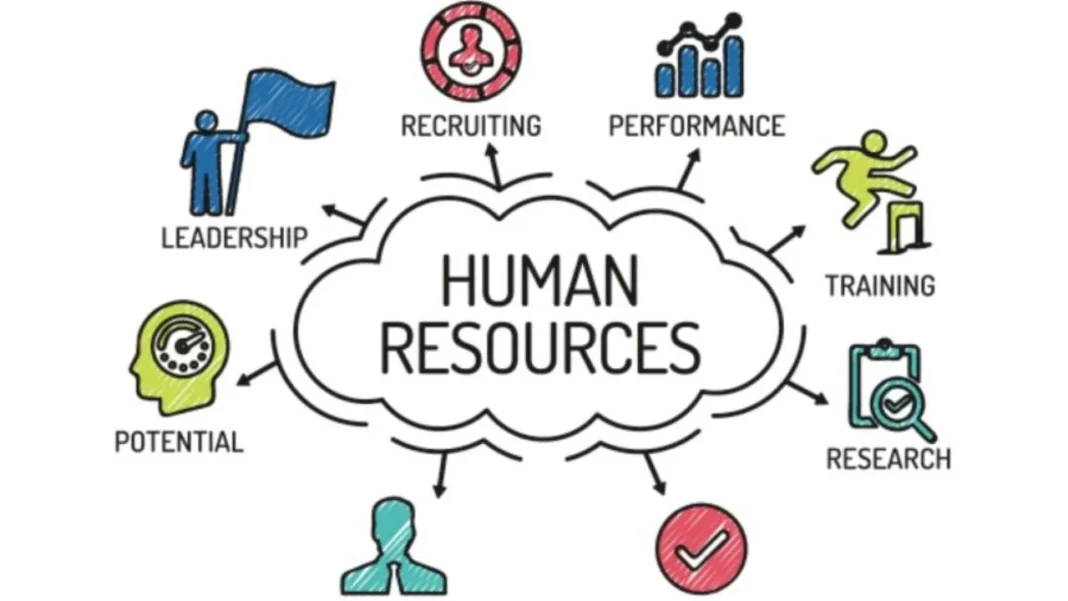Payroll and human resources departments are essential parts of a business. However, even for HR & payroll experts, distinguishing between HR and payroll can be difficult as both departments have overlapping work.
This article covers the basics if you want to learn more about the difference between payroll and human resources. Read on to learn more
What is payroll?
An organization’s payroll department deals with the process of providing the salary of its employees. This is not just limited to the bank transfers; payroll also has to keep in-depth records for tax and compliance purposes.
Payroll departments are in charge of providing employees with their salaries, following compliance guidelines, recording paperwork of newly hired employees, and also updating the information of existing ones. They may also be tasked with calculating travel reimbursements and delivering bonuses, overtime, and holiday pay.
The term payroll is the list of people that receive compensation from a business and a department within a company.
What is human resource?
An organization’s human resources department is responsible for managing employees throughout the organization. They try to bring the best out of existing employees, find and hire new ones, and attract the right candidates for the various roles in the organization.
HR departments are responsible for properly motivating employees and often use incentive schemes and compensation packages. The department also decides salary increments and the training of employees to develop them professionally in line with goals set by management.
What are the responsibilities of payroll?
Below are a few important responsibilities of the payroll department:
- Examining and verifying all documents and ensuring the accuracy of all payroll calculations.
- Timesheet validation
- Calculation and processing of holiday pay and adjustments to salaries and benefits.
- Creating records of employment
- Manage employment insurance information
- Manage direct withdrawals, remittances, and deductions, and ensure funds are transferred to governmental organizations and insurance companies.
- Create year-to-date adjustment pays
- Reconcile payroll entries
What are the responsibilities of human resources?
Below are a few important responsibilities of the human resources department:
- Communicating with management to identify requirements and preferred qualifications
- Interview applicants
- Contact references and perform background checks on applicants
- Inform applicants about job details
- Hire qualified candidates
- Conduct new employee orientations
- Process paperwork
- Make the best use of employee’s skillsets
- Resolve issues
- Advise managers on policies
- supervise the work of specialists and staff
- Direct disciplinary procedures
What are the differences between payroll and human resources?
As mentioned earlier, the payroll department deals with compensating employees, which includes ensuring that every employee receives their pay slips and money reaches employee accounts on time.
Payroll also makes all necessary deductions, such as tax and insurance. They also calculate bonuses and sick pay and manage complicated arrangements such as overtime.
While human resources are simply about getting the best out of employees and hiring people who align with the firm’s culture and embody its values, other activities they involve include professional development in training, HR policy compliance, and dispute resolution.
Can human resources handle payroll?
No, in most businesses, the human resources department hires new employees and sets them up on the system. The payroll then ensures that all aspects of their payment are handled correctly. The main goal is to have the two departments work together to make the employees’ experience as smooth as possible.
Conclusion
It can be difficult to understand the differences between payroll and HR functions as they have more similarities than differences. But regardless of the size of your business, you must ensure that both departments can smoothly work together for the benefit of your business.
Suppose you are having difficulties managing payroll or HR functions within your organization. In that case, you should outsource some of your work to benefit from the expertise of professionals with years of experience.









